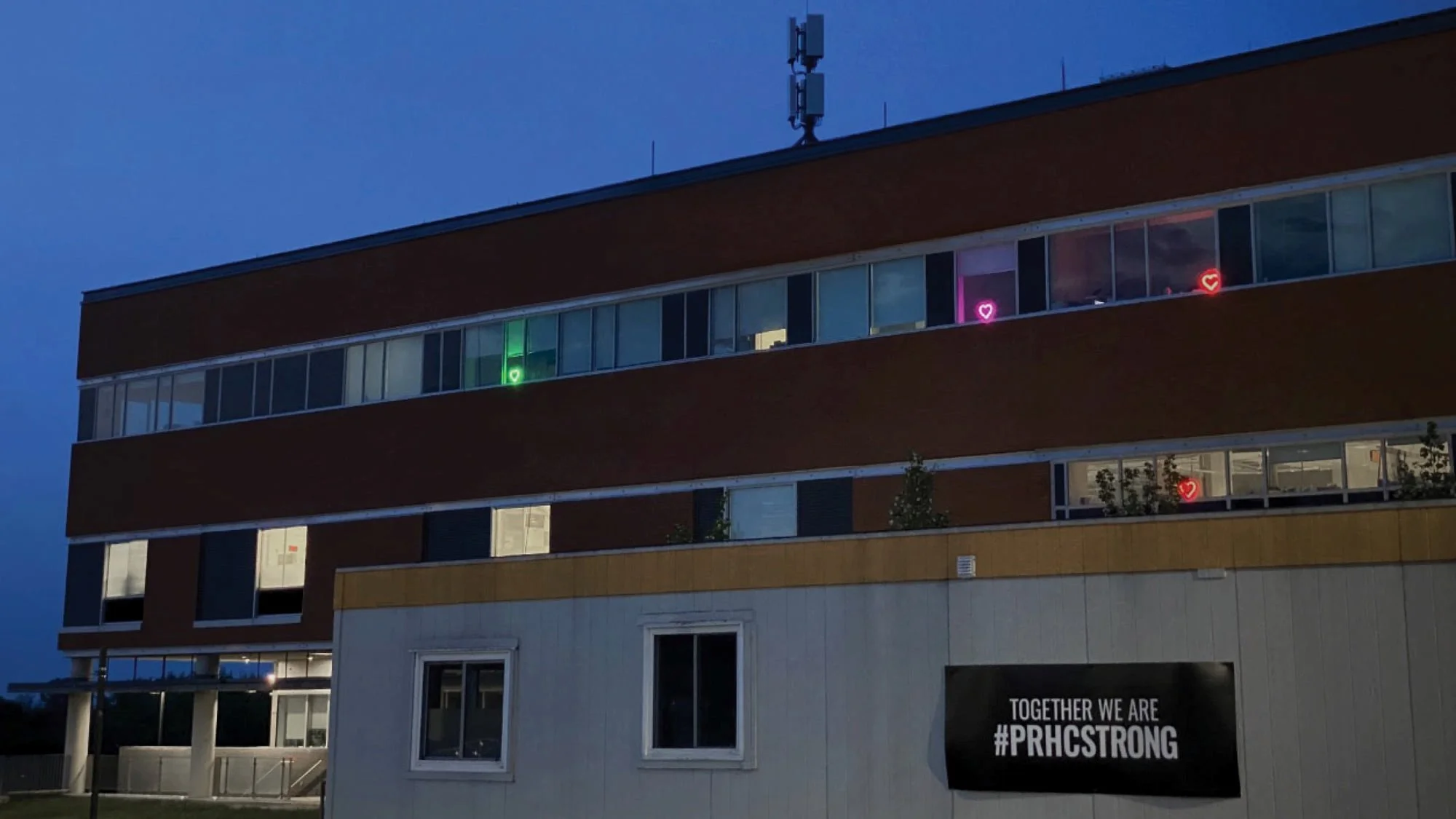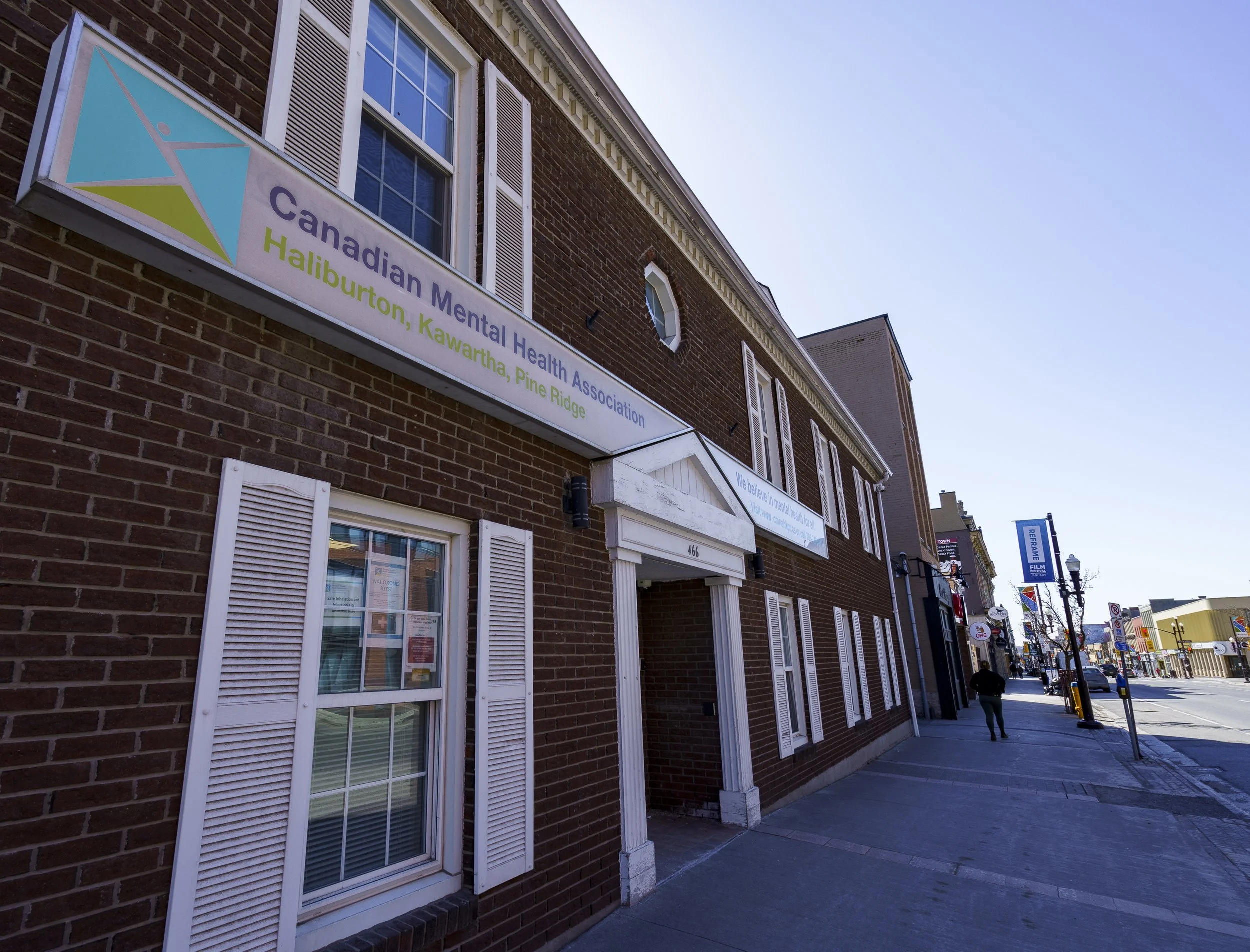“While most indicators continue to register above the threshold for “very high risk” level, there are early signs that local transmission is starting to plateau,” said Dr. Thomas Piggott, Medical Officer of Health. “I urge residents to keep taking personal precautions because the pandemic is still causing a surge in our hospital system as many vulnerable residents are still getting quite sick, and high levels of staff absenteeism in many sectors is affecting service levels.”
Dr. Piggott emphasized the importance of the Community COVID-19 Risk Index as a tool to help individuals make personal decisions around their health as we learn to live with fluctuating transmission levels. Current guidance recommended under the “very high risk” level is to wear a mask, avoid indoor social gatherings and high-risk settings, and get all vaccination doses you are eligible to receive.
“With third-dose vaccination rates at only two-thirds of those eligible, there is lots of room for improvement as this is an effective way to prevent serious illness from COVID-19,” said Dr. Piggott.
Dr. Piggott also reminded residents that a negative rapid-antigen test (RAT) does not automatically rule out COVID-19 infection. Current guidance from the Ontario Science Table noted RATs are less sensitive in detecting the Omicron variant, and recommends when symptomatic people take at least two RATs separated by 24 hours to be confident they are not infected.
















